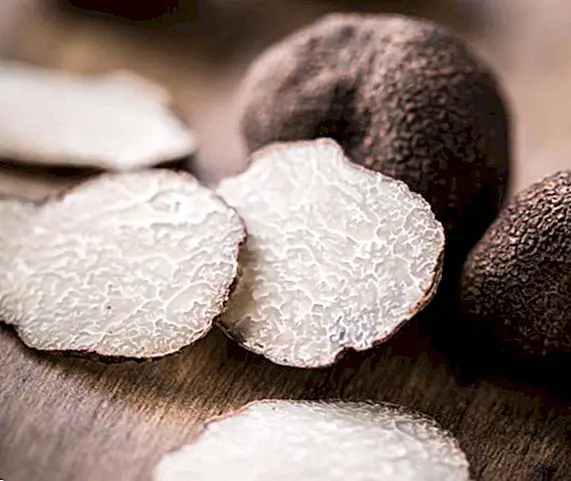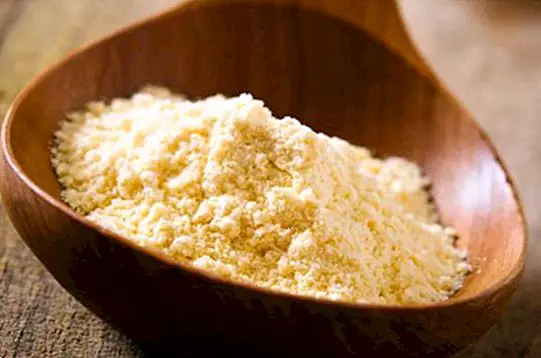The benefits of black truffle, properties and benefits
Of great flavor and aroma, the black truffle is one of the most precious foods in the kitchen. This fungus is found in southern Italy and France, as well as in Asia and in some parts of Africa. And evidently in Spain, the leading producer of truffles worldwide.
It should be noted that central Catalonia is one of the main producing areas of Spain, since it offers suitable characteristics for its development, due to humidity and oak forests, as it is a mushroom that grows underground.
The black truffle can be cultivated, while the white truffle is less numerous and it is not possible to carry out its cultivation. In addition to its enormous flavor, it is recognized important nutritional properties. Of its kindnesses, the form that it has, and properties we treat them in this article.
How are the truffles?
The black truffle (Tuber melanosporum) has a longer life cycle than the rest of the mushrooms in the country. It is spherical and its size varies, and can reach an average of 5 cm.

Its surface is black and dented in polygonal shapes; and inside, the meat is a less intense black or it is toasted. It has a very fine blackish skin with violet tones, and its flesh has whitish veins near the skin.
As a rule, truffles are usually caught in winter and, sometimes, it is difficult to identify and pick them up, so there are trained dogs that usually do this work. We found no less than 70 species of different truffles, 32 of which are in Europe.
Properties of black truffle
Vitamins and minerals
The truffle, similar to the mushroom in its nutritional composition, is usually quite rich in minerals and vitamins. As minerals it has potassium, phosphorus, iodine, selenium, iron, calcium, magnesium and sulfur, and vitamin C and those of group B.
Good in the diet
It has fiber and vegetable proteins, and is low in fat, and free of cholesterol. It is good then in various diets, to lose weight, excellent for those who take care of themselves, and a perfect option for vegetarians.
Carbohydrates
The truffle has very low levels of carbohydrates and fats, as its main component are carbohydrates. To note that only has about 30 calories per 100 grams. While it is said of truffles they contain all the essential amino acids for good nutrition of humans.

Rejuvenates the skin
Other benefits of black truffle have to do with the regeneration of the skin and nails, as well as the growth of hair and mucous membranes. In addition, they have strong antioxidant properties, so they are special to combat the aging of the skin.
As we have mentioned, it has B vitamins such as riboflavin and niacin, and this is excellent to protect the cells from oxidation. Its antioxidants leave the skin smoother, brighter, more elastic and free of sun spots. In addition, it activates the natural production of collagen, being a powerful solution for the rejuvenation of the skin.
Other benefits
There are different types of truffles and not all are the same as we have been able to highlight. Some of them, in addition to their nutritional principles, also favor the circulatory system and prevent the risk of having diseases related to the heart.
While they improve the functioning of nervous and muscular tissues. They can also improve eye health, prevent fatigue and fight anemia, thanks to their contribution in iron, which gives more energy to continue with our tasks; and they also control body temperature.
Better in small quantities
It is noteworthy that the black truffle is consumed in very few quantities, so it is normal to see it in pieces or grated on top of the dishes, to give flavor and aroma. Although it has many properties, its texture and nutritional composition could cause a bad digestion if we eat a lot of it.
The truffle is consumed and preserved quickly, because immediately the aromas they contain are released, as well as their nutritional potency. This article is published for informational purposes only. You can not and should not replace the consultation with a Nutritionist. We advise you to consult your trusted Nutritionist. ThemesMushrooms and Mushrooms



